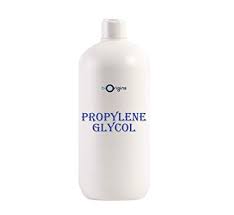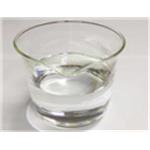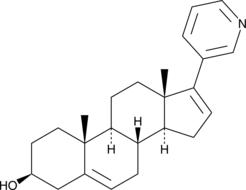Applications of Propylene glycol
Nov 7,2019
Propylene glycol is a synthetic, colorless, odorless, tasteless liquid that belongs to the same chemical class as alcohol. It should not be confused with the toxic substance ethylene glycol.Propylene glycol is a substance commonly used as a food additive or ingredient in many cosmetic and hygiene products.The US and European food authorities have declared it as generally safe for use in foods.

Applications
Propylene glycol (CH8O2) is a commonly used drug solubilizer in topical, oral, and injectable medications. It is used as stabilizer for vitamins, and as a water-miscible cosolvent.Propylene glycol has been used for over 50 years in a large variety of applications. As a pharmaceutical additive, propylene glycol is generally regarded as safe.
However, in the pediatric population, propylene glycol has been implicated in toxicity. Cases of hyperosmolality from absorption of creams applied to burns have been reported. Contact dermatitis has also occurred with topical application in the pediatric population. Hemolysis, central nervous system depression, hyperosmolality, and lactic acidosis have been reported after intravenous administration. Propylene glycol is metabolized to lactic acid, which may lead to the reported lactic acidosis.
The high concentration of propylene glycol contained in certain intravenous drug products, such as phenytoin, diazepam, digoxin, and etomidate, may induce thrombophlebitis. Rapid infusion of solutions containing high concentrations of propylene glycol-containing drugs has been linked to respiratory depression, arrhythmias, hypotension, and seizures. Seizures and respiratory depression have also occurred in children who have ingested oral solutions containing propylene glycol.
Propylene glycol is also used as moisturizer in cosmetic products and as a dispersant in fragrances. There are many other food and industrial uses for propylene glycol. As a food additive, propylene glycol is on the U.S. Food and Drug Administration (FDA) generally regarded as safe list (not to be confused with ethylene glycol, which is extremely toxic if ingested).
According the FDA, as a food additive, propylene glycol is metabolized in the body and is used as a normal carbohydrate source. Long-term use and substantial quantities of propylene glycol (up to five percent of the total food intake) can be consumed without causing toxicity. There is no evidence in the available information on propylene glycol that demonstrates, or suggests a hazard to the public when they are used at levels that are now current or might reasonably be expected in the future.
- Related articles
- Related Qustion
- What is propylene glycol used for? Is it harmful to the human body? Dec 11, 2024
Propylene glycol is a colorless, odorless, slightly viscous liquid with a texture slightly thicker than water and almost no taste.
- Toxicity and human health effects of Propylene glycol Apr 18, 2024
Propylene glycol (PG) is a synthetic liquid that is commonly used in the food, pharmaceutical, and cosmetics industries. It serves as a solvent, humectant, and preservative.
- Propylene glycol: Applications, Toxicity and Synthesis Apr 21, 2023
Propylene glycol, also known as 1,2-propanediol, is a synthetic organic compound with the chemical formula C3H8O2. It is a viscous, colorless, and odorless liquid that is soluble in water.
Furfural is only derived from lignocellulosic biomass, i.e. its origin is non-food or non-coal/oil based. Aside from ethanol, acetic acid and sugar it is one of the oldest renewable chemicals.....
Nov 7,2019Organic ChemistryAbiraterone is used in combination with prednisone to treat a certain type of prostate cancer that has spread to other parts of the body.....
Nov 7,2019Biochemical EngineeringPropylene glycol
57-55-6You may like
Propylene glycol manufacturers
- Propylene glycol
-

- $1.00 / 1g
- 2025-12-14
- CAS:57-55-6
- Min. Order: 1g
- Purity: 99%
- Supply Ability: 1000kg
- Propylene glycol
-

- $19.00 / 1kg
- 2025-12-13
- CAS:57-55-6
- Min. Order: 10kg
- Purity: 98%
- Supply Ability: 300kg
- Propylene glycol
-

- $0.00 / 1kg
- 2025-12-13
- CAS:57-55-6
- Min. Order: 1000kg
- Purity: 99.96%
- Supply Ability: 100ton/month






